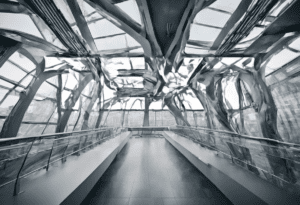Category: Tutorial

What is text-to-image (txt2img)?
Text-to-image (txt2img) refers to generating an image from text input using an AI model. There are many txt2img AI available ...

How to get prompts from images for Stable Diffusion
Have you seen an AI image you really liked and wondered what the prompt was? We will go through a ...

AnimateDiff: Easy text-to-video
Video generation with Stable Diffusion is improving at unprecedented speed. In this post, you will learn how to use AnimateDiff, ...

How to make an infinite zoom art with Stable Diffusion
An infinite zoom art is a visual art technique that creates an illusion of an infinite zoom-in or zoom-out on ...

How to use ControlNet with SDXL model
Stable Diffusion XL (SDXL) is a brand-new model with unprecedented performance. Because of its larger size, the base model itself ...

Beginner’s Guide to ComfyUI
ComfyUI is a node-based GUI for Stable Diffusion. This tutorial is for someone who hasn't used ComfyUI before. I will ...

How to install ComfyUI
ComfyUI is a node-based user interface for Stable Diffusion. It's gaining popularity among Stable Diffusion users. Developers and artists widely ...

How to install SD.Next
SD.Next is a Stable diffusion WebUI for advanced users. It is very similar to AUTOMATIC1111 Stable Diffusion WebUI. In fact, ...

How to train Lora models
A killer application of Stable Diffusion is training your own model. Being an open-source software, the community has developed easy-to-use ...

What is LyCORIS and how to use them in Stable Diffusion
You have probably used LoRA models. How about LyCORIS models? They are great alternatives to LoRAs. In this guide, you ...